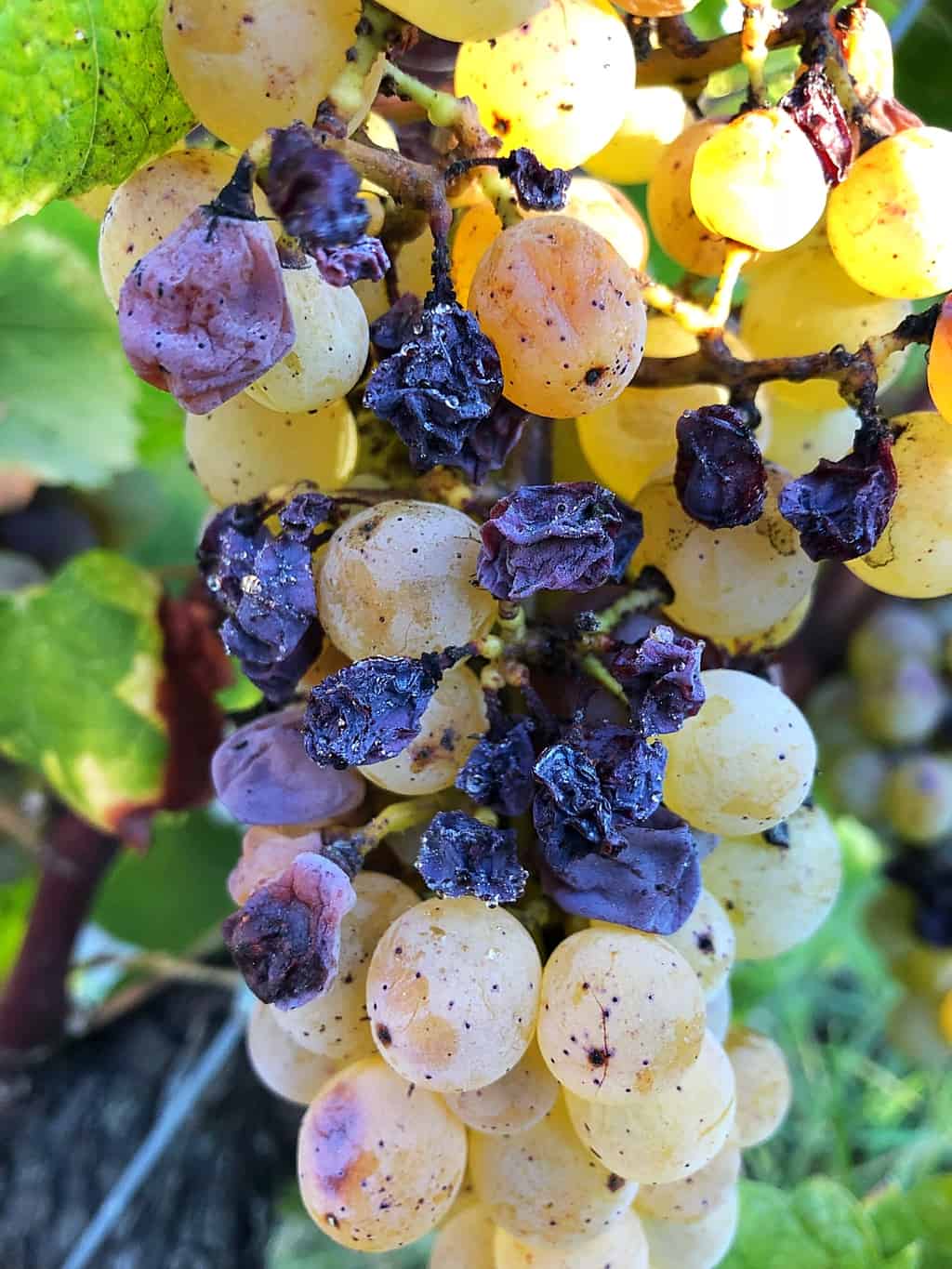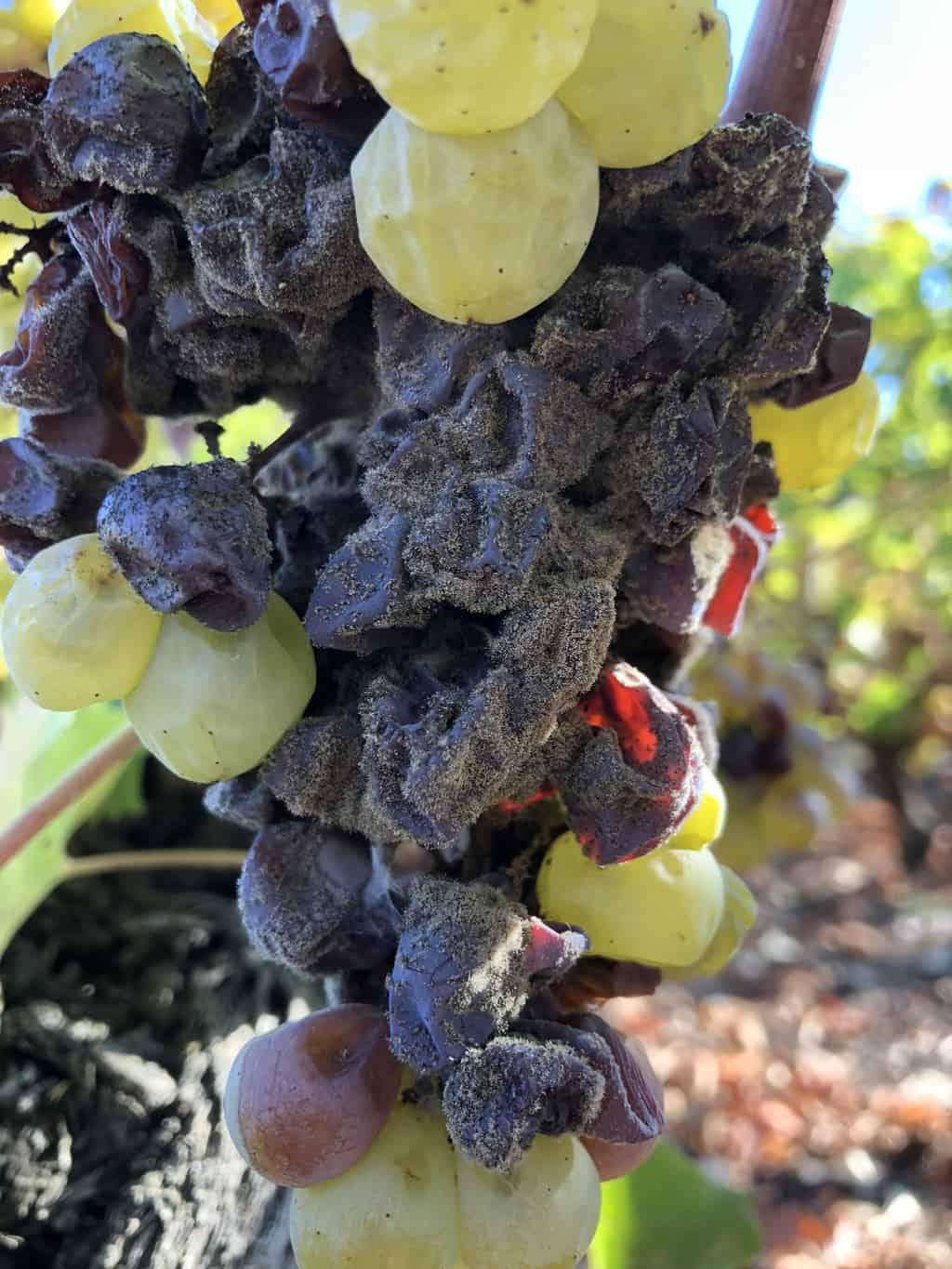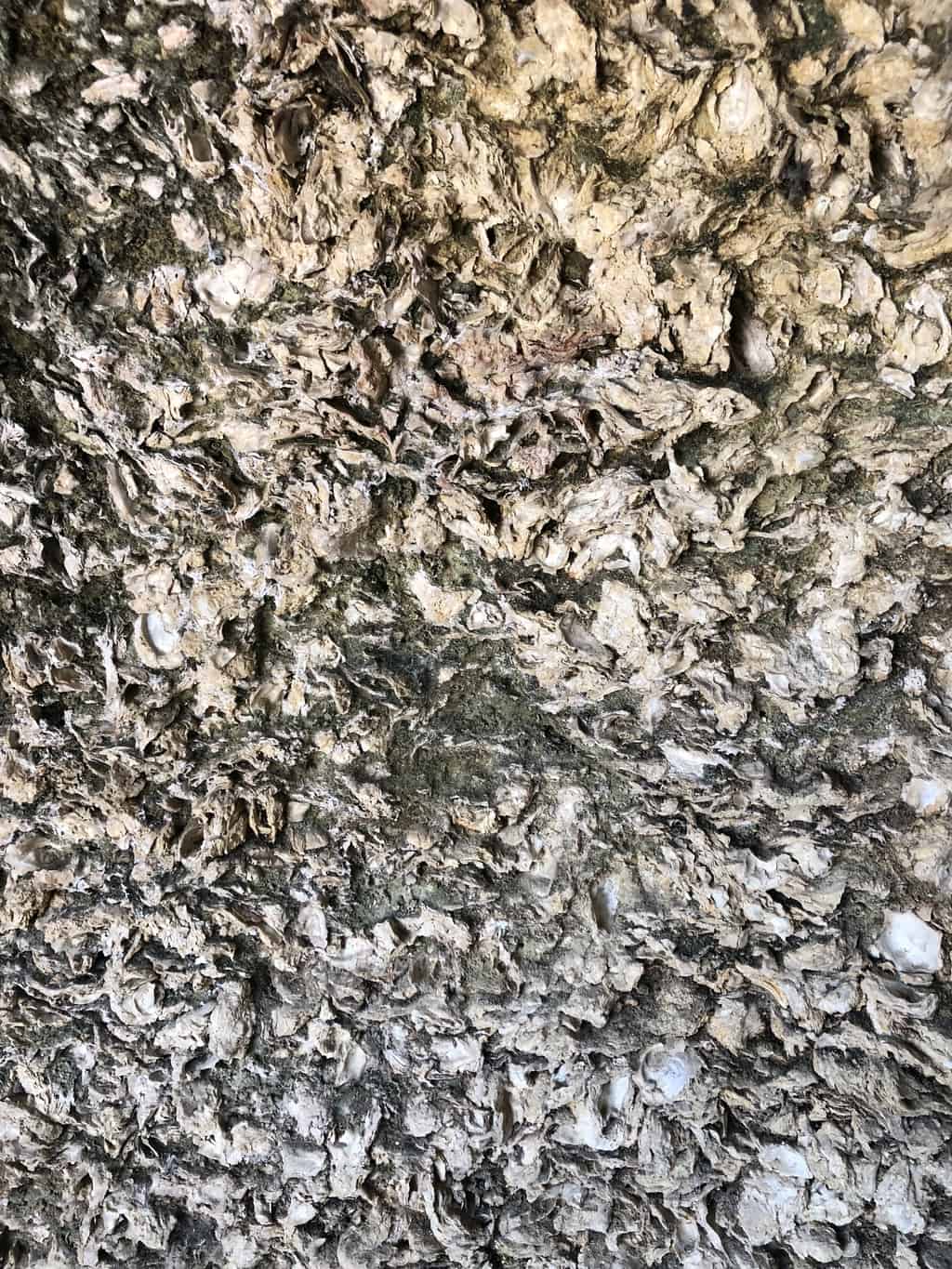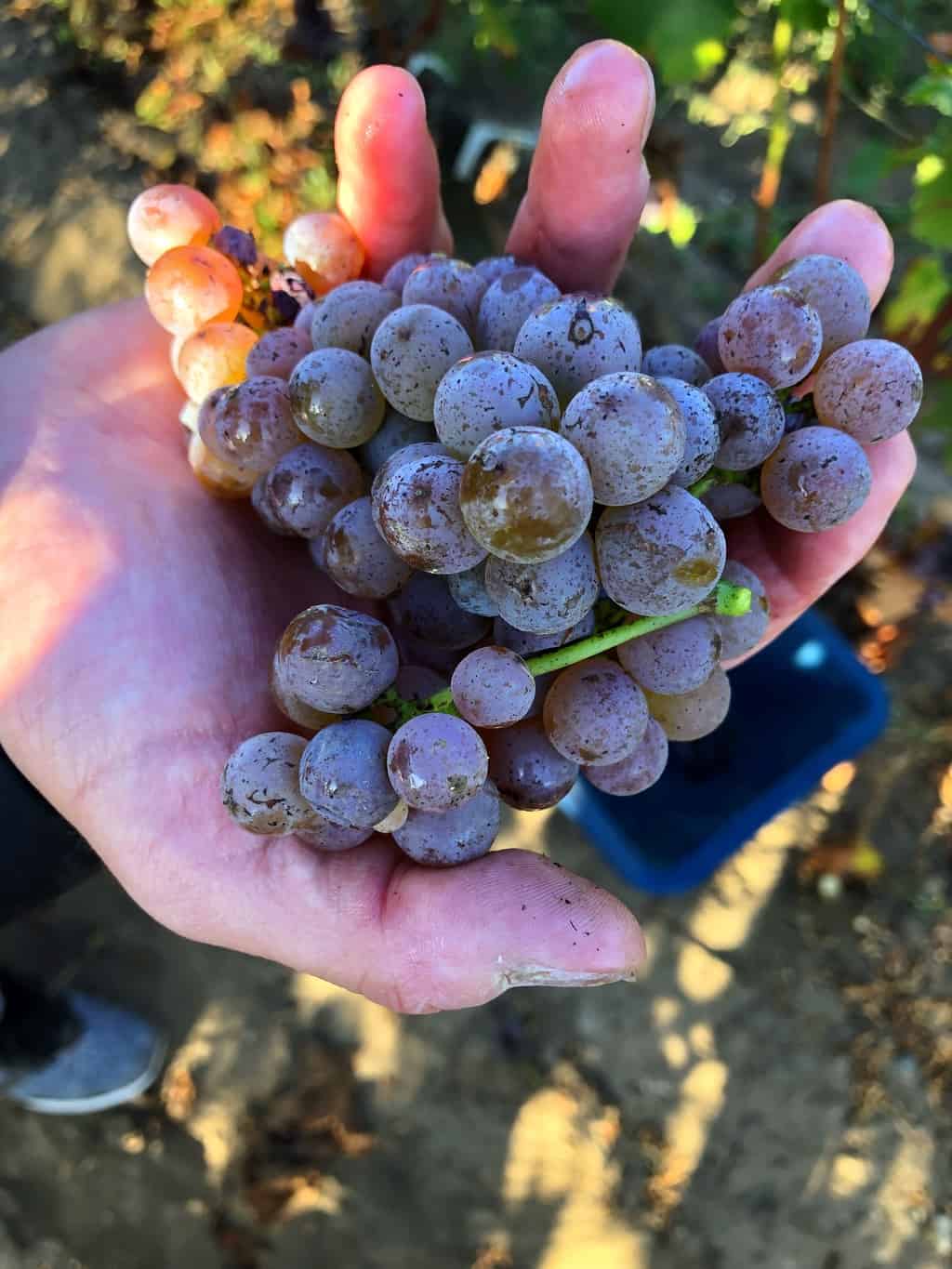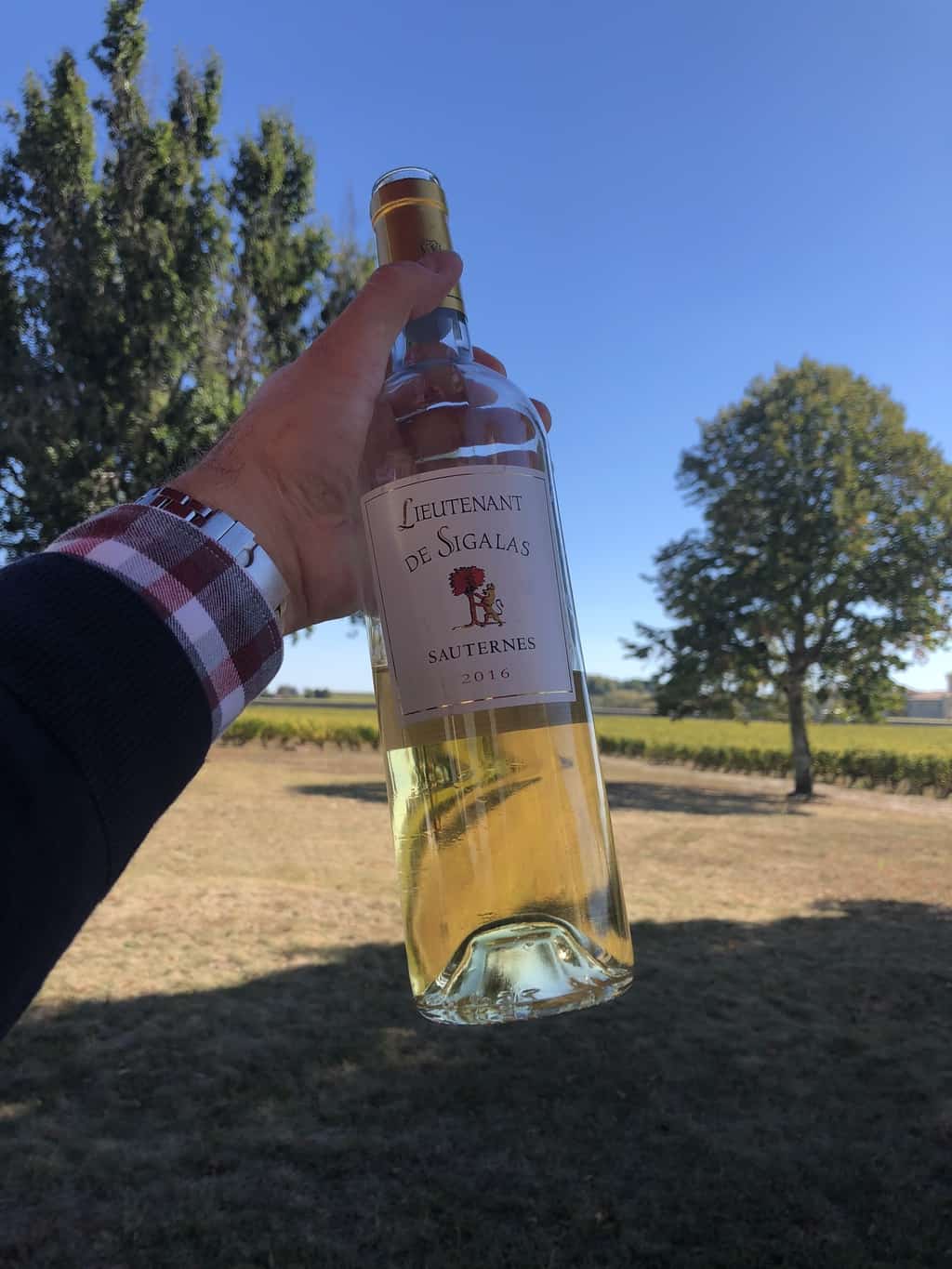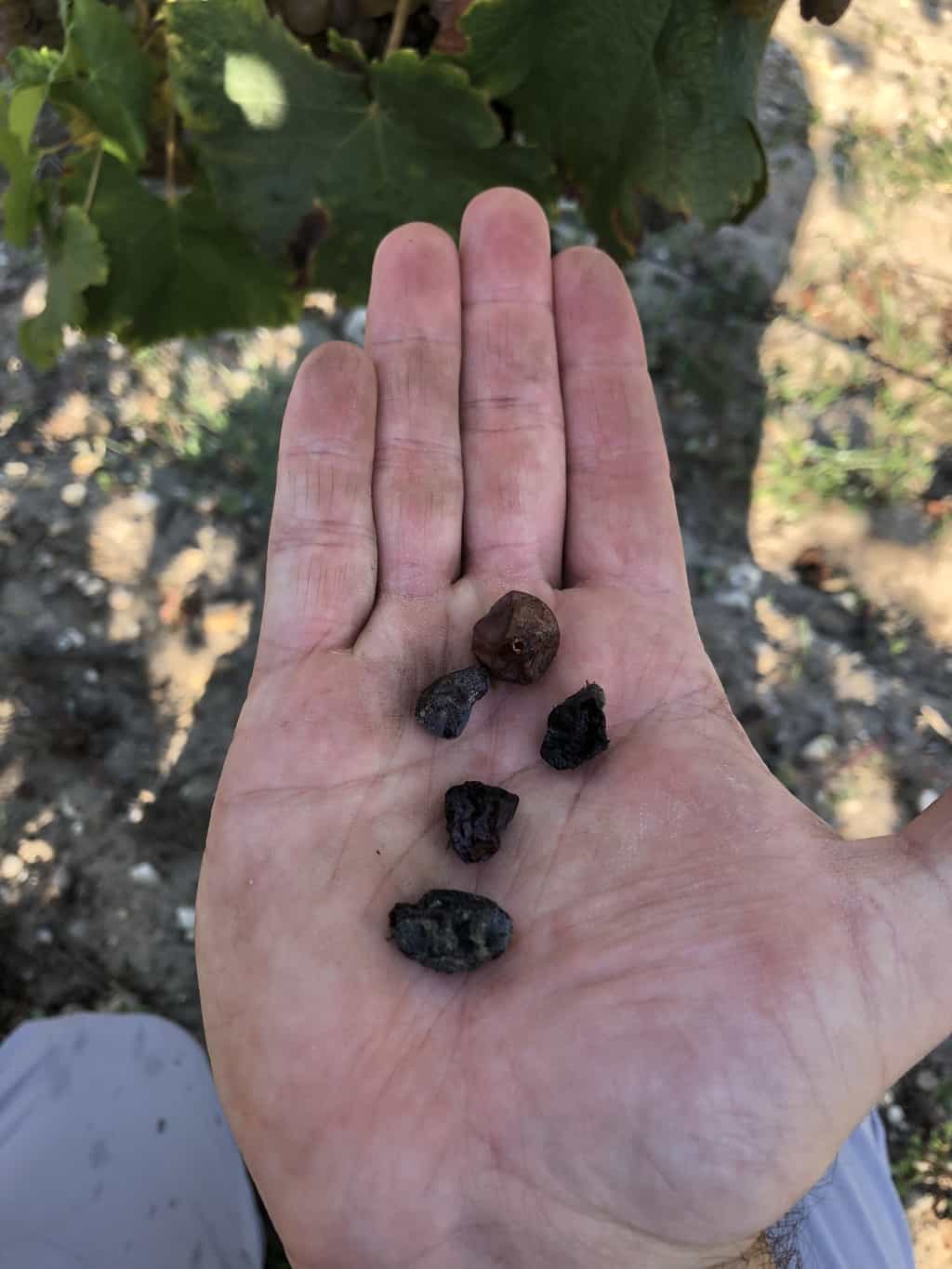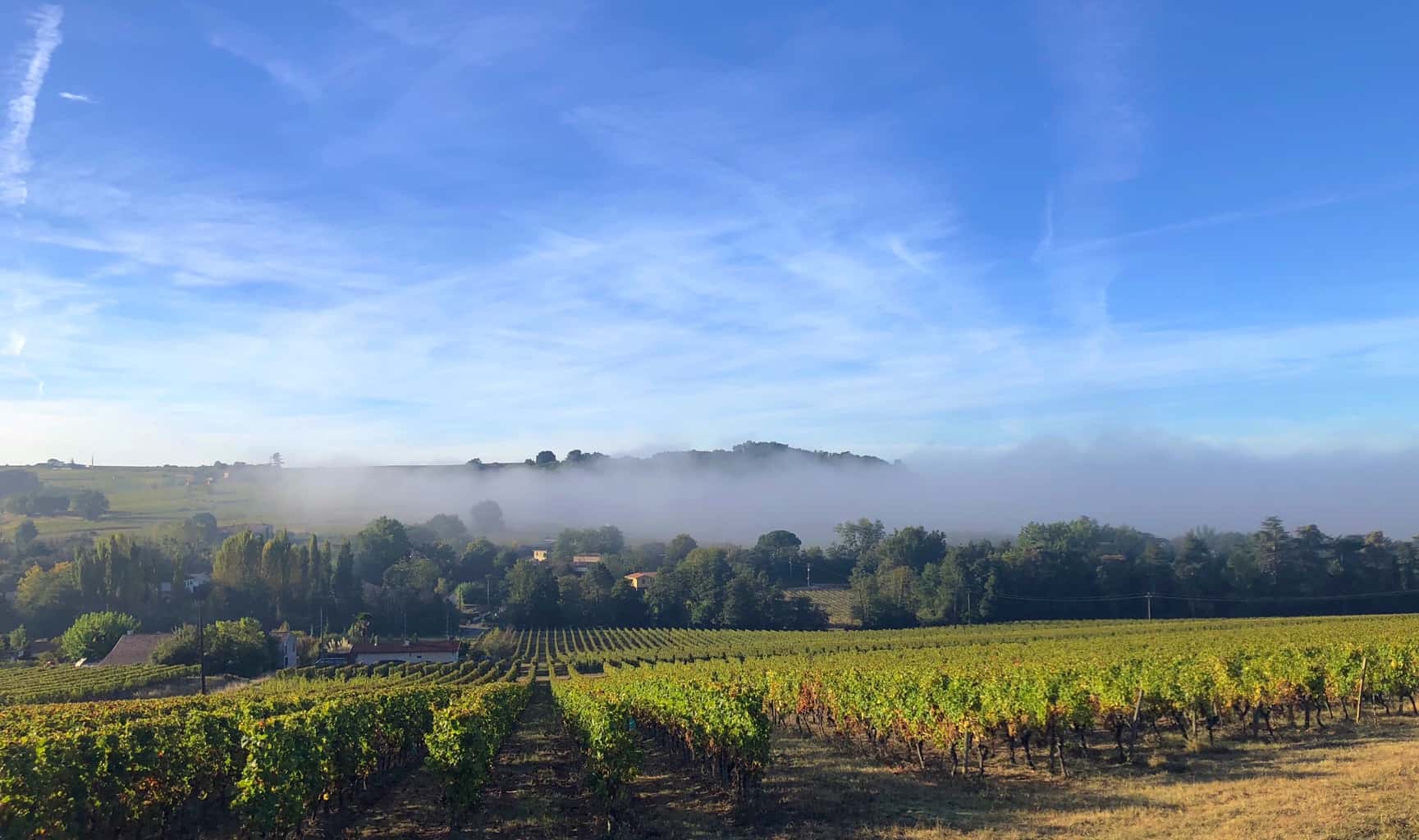Discover the Sweet and Fruity White Wines of Bordeaux
Last Updated on November 13, 2023.
The Sweet Bordeaux wine region is located in Southern France. Within the appellations the soil is well-drained and can vary between gravel, clay, limestone, silica, chalky clay, rough sand and sandy clay. The secret to these great white wines is Botrytis Cinerea — a microscopic fungus that develops on the clusters of Semillon grapes in the fall, depleting their juice by up to 50% and so increasing their concentration. Botrytis is at the origin of many of the very specific aromas coming from the crystallized fruit.
A Terroir That is Unique In The World
If Botrytis Cinerea is able to develop, it’s thanks to specific pedo-climatic conditions: soils that are well oriented and well drained, combined with a micro-climate created by the proximity of the Garonne and the Ciron rivers. In the fall, morning mists that form around these two rivers, followed by the generous afternoon sunshine of the region at this time of the year, offer ideal conditions for the formation of the fungus.
The Meticulous Work of Painstaking Hands
The Botrytis Cinerea Fungus doesn’t develop uniformly, and so the winegrowers are obliged to pick the grapes by hand, passing several times in the same vineyard plot, in what is known as successive selections (sorting), Yields are extremely low, and for the winegrower producing these sweet wines, it can be a risky business. But it is also a great human adventure in which mans’ skills and toil are essential. An adventure that dates back over 400 years.
Sweet Bordeaux AOCs (Now Called AOPs)
Amongst the sweet white Bordeaux wines are 27 Classified Growths of 1855 including the world famous Chateau d`Yquem in Sauternes, Classified as a Superior First Growth.
AOP Premieres Cotes de Bordeaux
AOP Graves Superieures
AOP Cerons
AOP Barsac
AOP Sauternes
AOP Cadillac
AOP Loupic
AOP Saint-Croix-du-Mont
AOP Cotes de Bordeaux Saint-Macaire
AOP Bordeaux Superieur
Sweet Bordeaux Tasting Notes
Color Aspecs – Golden topaz going to amber over time.
Nose (Delectably Complex) – encompassing varietal characters of the Semillon, Sauvignon and Muscadelle grapes (yellow fruit, exotic fruit, white blossom, citrus), botrytis type aromas (crystallized fruit, honey) and oaky notes (vanilla, toast).
Mouth Enveloping – sumptuous with varying levels of concentration depending on the appellation and the cuvee, but characterized by perfect balance between sweetness and freshness. The ideal temperature for drinking Sweet Bordeaux is between 46 to 53 F, and they can be kept for up to three weeks in the refrigerator after opening. And while they are great for drinking straight away, a few years cellaring will only add to their charm.
Food Pairing Sweet Bordeaux White Wines
Sweet Bordeaux can accompany all occasions with brie. So, it’s the ideal wine to keep on ice for some great impromptu moments. Here are a few suggestions, but be as creative as you like, these sweet white wines of Bordeaux lend themselves perfectly to a touch of extravagance! Or the simplicity of raw seafood.
- Gourmet style – With pan seared lobster and black truffles by the chef Ho Sing-Wai.
- Family Sunday lunch – With a farm reared chicken in Sweet Bordeaux and Morel mushroom sauce.
- A Get-Together with Friends – With scallop toasts with Espelette pepper and Bayonne ham.
- A moment of indulgence – a pause with sweet chocolate brownies.
- With an Asian accent – with Japanese curry, Matcha tea, and wasabi crackers.
- For aperitif – duck foie gras canapes or cheese bites (old Gouda, French Comte or Roquefort).
- Just for fun! – in a sweet`jito cocktail.
More Ways To Explore and Learn About Southern Bordeaux
Learn About The Sauternes AOP Sub-Region
More About How Sweet Wines are Made in Sweet Bordeaux
A Breakdown of Each of the 10 Appellations of Sweet Bordeaux
